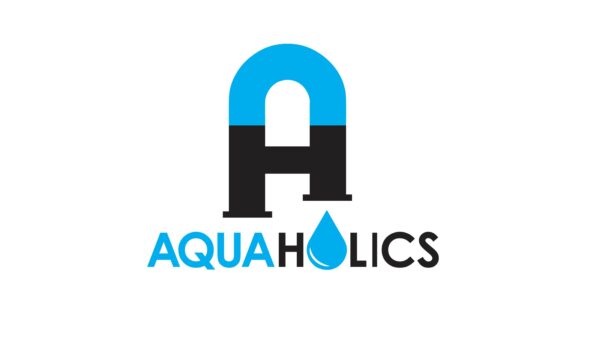At the end of 2021, the Government introduced several changes to the Credit Contracts and Consumer Finance Act 2003 (CCCFA).
The purpose of the changes was to better protect consumers from harmful lending practices, but the stringent rules around lending criteria are generating media attention for all the wrong reasons.
If you’re looking to borrow against your house, or buy a new house, how do the rules impact you?
David Hill from New Zealand Home Loans breaks down the Act – here’s what you need to know.
CCCFA – What is it?
The Act was designed to address predatory lending and ensure high-cost consumer loans didn’t place undue hardship on borrowers, but everyday home lending is also covered in the legislation resulting in flow-on effects, or what many are deeming ‘unintended consequences’ for every day Kiwis seeking home loans.
While the Minister has announced a review of the interpretation of the legislation by the banks – for now, and likely sometime in the future, we need to work with it.
Effects on lending
Independent economist Tony Alexander goes as far as to call it a ‘credit crunch’ and undoubtedly since December it has likely felt a bit ‘crunchy’ for would-be borrowers – even the successful ones for the extra hoops they’ve had to hop through.
The reality is that if you want to use your home as security, to buy a new house, car, caravan, or do a renovation the bar has risen somewhat with banks now requiring more financial information including, but not limited to:
- Proof of income e.g. payslips, financials for self-employed
- Three months statements for ALL bank accounts
- Any lending already in place and any credit card limit, including any AfterPay commitments.
While this information may seem fairly standard for a loan application, the tightening since last December means lenders are now applying more scrutiny to the information provided and are often deep diving into both your spending and expenses, and sometimes seeking further detail with it. Part of the assessment is now more subjective as it includes expenses you may be unwilling to give up, such as smoking, gym memberships or hobbies.
You may have heard mention of lenders turning down applicants because they drink too much coffee or spent too much at Kmart. This may seem, or even have been, a little harsh in some instances, but generally speaking this isn’t the case for people who can demonstrate loan affordability, good account conduct and that they are managing their money well.

That’s not to say that the extra detail that can be sought for things like a simple top-up can’t be a bit laborious for clients – especially those in robust financial order (Note, this is where working with a reputable organisation like NZHL, who are CCCFA ready, can help).
Getting CCCFA Ready
- Be aware of your spending habits (having a basic budget really helps).
- Practice good account conduct.
- Show evidence of regular saving to prove you can live beyond pay check to pay check.
- Consider whether your credit cards are necessary – reduce or consolidate ahead of time
- Avoid any unnecessary costs:
- Don’t have payments for buy now pay later services within the three-month window
- See if unnecessary direct debits can scale back.
- Speak to a mortgage adviser to see if your loan structure can work harder for you, and make sure they’re backed by a strong network who have robust CCCFA processes already in place.
NZHL are a passionately Kiwi, passionately local home loans and insurance provider with 75 business owners (like David Hill) nationwide.
For 25 years NZHL has been helping Kiwis achieve financial freedom, faster. They do this by providing a smart home loan structure to reduce the interest you pay, but importantly advice, support, and local personalised service to help get you there. This includes providing tools and systems and processes to help navigate CCCFA.
Want more top tips, advice and insights? Check out our news section.
















































